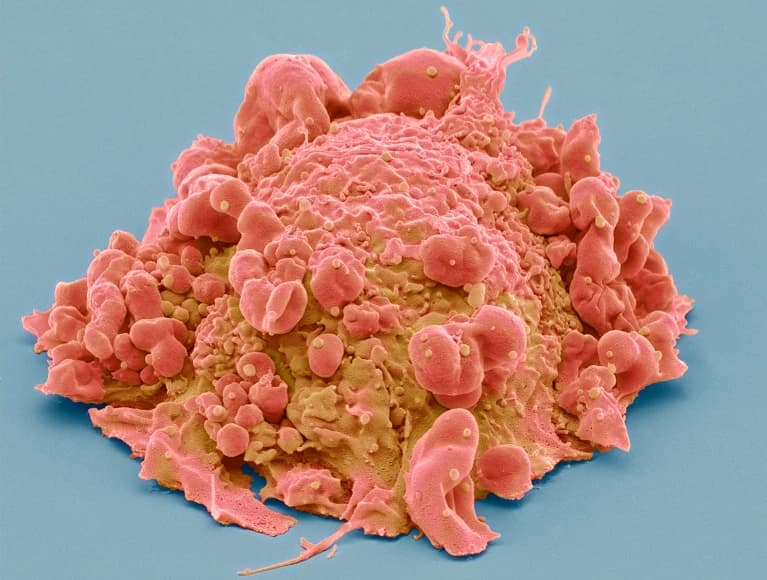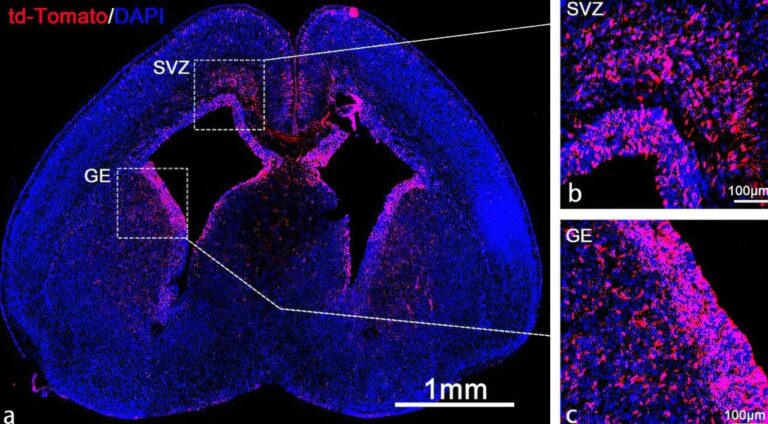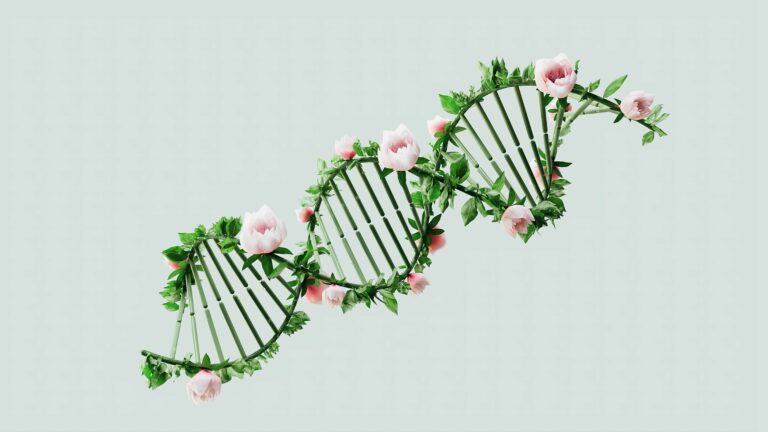Unlocking the Secrets of Cancer: How Cell Atlases Are Revolutionizing Our Understanding
Imagine being able to pinpoint the exact cells within a tumor that are driving its growth and development. Welcome to the world of cell atlases, a revolutionary new tool in the fight against cancer. 12 Groundbreaking Studies in Nature journals illuminate the progression of multiple cancer types, including breast, colon, and pancreatic cancer. By creating detailed maps of tumor cells, researchers are gaining unprecedented insights into the biology of these diseases.
How Cell Atlases Work
- Single-Cell Resolution: Cell atlases use advanced technologies to analyze individual cells within tumors, revealing their unique characteristics and behaviors.
- 3D Tumor Mapping: Researchers create intricate maps of tumor cells, exposing the complex relationships between different cell types and their environments.
- Molecular Clocks: By tracking the genetic changes that occur as cells become cancerous, scientists can now understand the step-by-step process of tumor development.
Breakthroughs in Cancer Research
- Personalized Medicine: Cell atlases are enabling researchers to identify specific cell populations within tumors that may respond differently to treatments, paving the way for more effective, tailored therapies.
- Early Intervention: By understanding the early stages of tumor development, scientists can develop new strategies for preventing cancer or detecting it at its most treatable stage.
- Immunotherapy Insights: Cell atlases are revealing the complex interactions between immune cells and tumor cells, providing clues for improving immunotherapy outcomes.
Key Findings:
- Breast Cancer: Research has identified distinct immune cell populations within tumors, which may explain why some patients respond better to immunotherapy.
- Colon Cancer: Studies have shown that tumors often arise from multiple cell types, rather than a single rogue cell, challenging previous assumptions about cancer development.
- Pancreatic Cancer: Cell atlases are helping researchers understand the unique biology of this aggressive cancer, informing the development of new treatments.
Expert Quotes
- “The best treatment for cancer is prevention. Understanding how different cell populations respond to the environment and diet could lead to better prevention or detection methods,” says Ömer Yilmaz, stem-cell biologist at MIT.
- “To evaluate the risk of pre-cancerous growths, we may need to look beyond size and into genetics and evolution,” adds Ken Lau.






